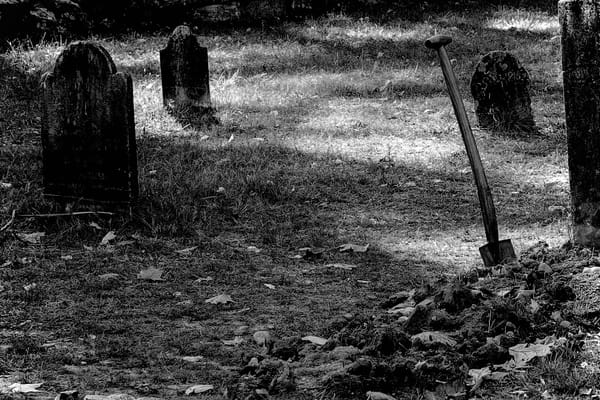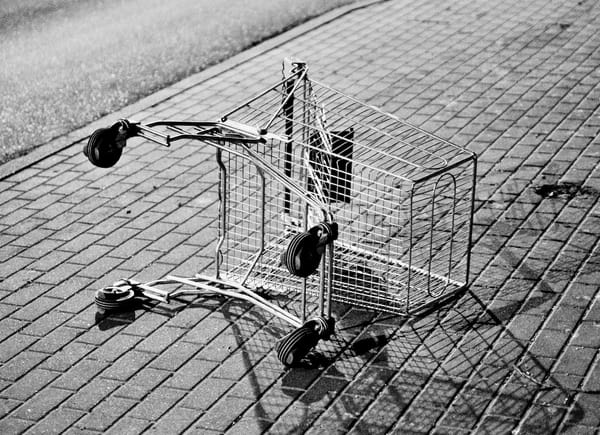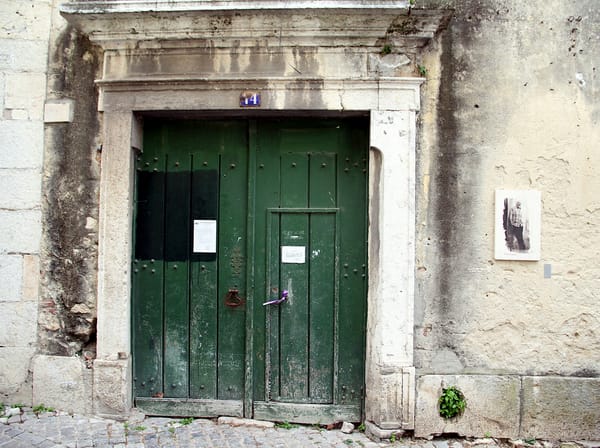I am Mwai
It was a dull thwack, yet the pain was searing and instant. The crashing blow of a truncheon against my cheekbone had deflected a little, however the possibility of an exploding eye socket tore more fear through me than the actual pain of wood against bone. My head jerked backwards instinctively and my hands flew to my face to shield a second blow. It didn’t arrive, but a sickening kick to the testicles whipped my head forward in response. Doubled over and sucking heavily for breath, I thankfully realised I could still see from my damaged eye. I knew the searing pain in my crotch would eventually ease; I’d been roughed up once before by henchmen of our British colonial masters.
“ Will you make an oath?” My interrogator’s face was contorted in anger, six inches from my quivering face.
“I will not. But please believe me, I cannot make this oath!”
“Many Kikuyus have made an oath? If you will not take an oath, then you are the enemy. You are worse than the British and I will kill you,” he snarled.
“I swear to you sir, I cannot take an oath, but I can help in other ways!” I screamed.
I am Mwai, a proud Kikuyu man, born in 1926 and raised in a village in Kiambu County in the Central Province in Kenya. My mother and father, who were both circumcised according to traditional Kikuyu custom as children, bore more children. My mother died in childbirth with the fourth child. Because I was first-born in my family, I bear the same name as my paternal grandfather, in the Kikuyu tradition. This ensures that nobody dies among the Kikuyu, we are reincarnated into our grandchildren.
Schooled under British rule in the colony of Kenya, I learned to read and write the English language. I gained employment in Thika town at the railways office, and was used on occasion to translate English into Kikuyu, a Bantu language, for the British colonial office. Within a few years, I moved southwards to Nairobi, and subsequently was promoted to assistant station-master at the Nairobi Railway station in 1954. I worked hard, was studious and eager to learn. I was very proud of my station and the smart uniform that the British insisted we wear in the English railway tradition. My station, Nairobi, is roughly at midpoint for the narrow gauge railway built by the British from Kenya’s port of Mombasa, right across the colony of Kenya to Uganda. Access to a Kenyan seaport opened up the world for the British colonialists in landlocked Uganda and my important station was along that route.
Timetables, uniforms and routines suited the way I think, and I was very satisfied with my life. I cooperated with the British, and planned to negotiate for a wife in the near future when I had accumulated enough assets for a bride price. During the early years of unrest of the mau-mau uprising, I studiously managed to avoid the dilemma faced by many of my fellow Kikuyus. The mau-mau comprised mainly aggrieved Kikuyus who were fighting for the return of their lands, which had been plundered by Europeans, and took oaths to rid Kenya of the British. As their hostilities increased, many were forced to live out in the forests, and other Kikuyus were rounded up by the British and placed in guarded camps across the country. In the city, almost a quarter of Nairobi’s citizens were of Kikuyu descent, but, like myself, had stable jobs with the government, received adequate wages, and held positions of responsibility. Many of us felt sympathies towards the aims of the Kenya Land and Freedom Army (or mau-maus) but did not condone their bloody and brutal methods of achieving their goal of independence. I was conflicted, and my immediate attacker knew it.
“You mangey ngui!” He curled his lip as he angrily spat the word ‘dog’ in the Kikuyu language. “Even your father had his land taken by the entitled young British men who rule us, and rape our land for their profits and sport. A sympathizer overheard your snivelling inquiries yesterday at the Colonial Office. Yet you will not take the blood oath of the KLFA. Then you must die!” he spat. Wide eyed with fear, I knew that my assailant and his three circling thugs were fellow Kikuyus, but mau-mau rebels, not loyalists.
In the solitude of the small, dimly lit Assistant Stationmaster’s Office on the platform, late on that warm evening in 1956, I’d wished that I’d not stayed late to complete extra tasks. I’d wished that I’d noticed the station was deserted. I’d wished that Kenya’s struggle for independence could be gained by peaceful means. I’d wished that my father’s land could have been returned to him through reasoned negotiation. But the following day’s police reports of the brutal machete hacking and murder on the platform of Nairobi’s station could only cite observable evidence, not what had been wished for. The report also omitted the preponderance of small blue birds, African flycatchers, which arrived spontaneously to actively flit around the station at the time of death. Perhaps a rarity in the city, flycatchers were common in the moist areas around the village of my birth.
The opportunity to be a father or grandfather eluded me. My Kikuyu life spirit has not been reincarnated. I don’t have a first-born grandson name Mwai. Each day and each night I maintain an eternal vigil on the arrivals platform, resplendent in my smart uniform, with flag and ticket clipper in hand.
It’s a new century now, the narrow gauge rail is slowly being replaced by standard gauge tracks, and by 2021 Kenya has been an independent nation for almost 60 years. Historians continue to debate nuances of meaning between the terms terrorists and freedom fighters, and courts of law still hear legal arguments regarding rights to compensation for physical atrocities and land ownership.
“Welcome to Nairobi. Welcome to Kenya,” I spruik to arriving tourists who can neither see nor hear me. “Have an enjoyable stay in our beautiful country, but after you have returned to your homelands and recall your time in Kenya, think beyond the postcard silhouettes of large animals set against glowing sunsets. Try looking at our history and our people. Welcome to Nairobi. Welcome to Kenya.”


